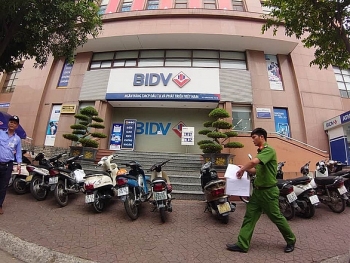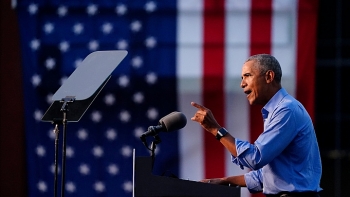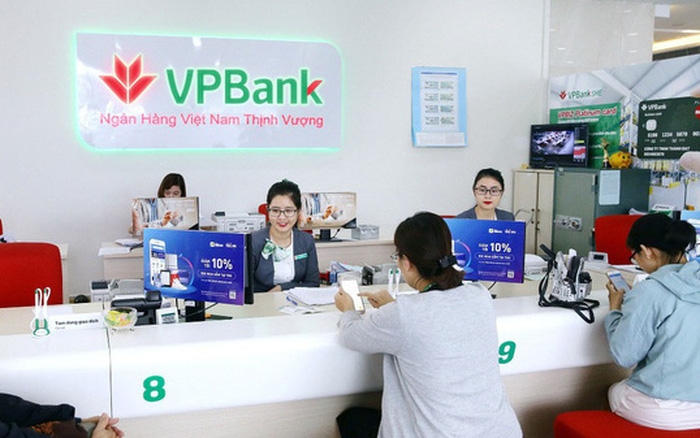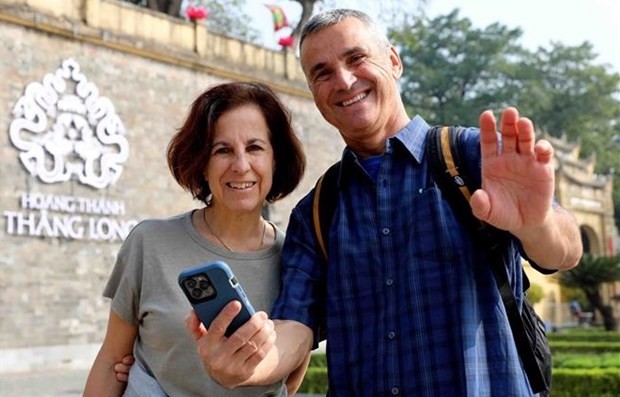Vietnamese banks allowed to use e-wallets for international payments
 |
| Photo: FinTech News Singapore |
Under current regulations, according to Vietnamnet, domestic banks are only allowed to cooperate with foreign banks and international card organizations for international payments.
There are no regulations for international payments made via foreign e-wallets as well as about international payments that don't go through payment accounts.
This loophole in the era of Industry 4.0 has seen a rapid boom of international payment methods.
In recent years there has been huge demand for payments via foreign e-wallets such as Wechat Pay and Alipay from Chinese tourists in Viet Nam. Viet Nam attracts a large number of Chinese tourists every year.
Some banks and intermediary payment companies have asked the central bank to allow them to co-operate with foreign intermediary payment companies to serve international demand while exploiting the large potential of this segment.
Nguyen Hung, general director of TPBank, said domestic banks could not co-operate with foreign e-wallets like Wechat Pay and Alipay at the moment due to the lack of a legal framework. “We are getting ready to start but must wait for the green light from the central bank,” Hung was quoted by Dau Tu (Investment) online newspaper as saying.
According to Pham Tien Dung, director of the central bank’s Payment Department, the Industry 4.0 revolution had created a number of new international payment models. Previously, international payments were mainly conducted via bank accounts and credit cards, but now e-wallets were emerging, he added.
“It is clear that the definition of international payment must be changed. People should be able to make international payments through their banks and also via intermediary payment methods,” he said. “In a changing world, the management method needs to change,” Dung stressed.
Along with technological advances, cross-border payments are becoming much easier. Cross-border intermediary payment platforms are booming around the world, attracting not only fintech companies but also big corporations such as Amazon, Apple and Google.
Experts predicted there would be a wave of co-operation between banks and domestic fintech companies with foreign e-wallets after the central bank gave the green light, which would also provide support for the tourism and e-commerce industries.
| E-wallets are developing rapidly in Viet Nam. AppotaPay received a licence from the State Bank of Viet Nam in October, making it the 39th intermediary payment company in Viet Nam. The COVID-19 pandemic was also pushing the development of cashless payments among the country's 97 million population, about 70 per cent of whom have access to the internet and 45 per cent use smartphones. Statistics from the central bank showed that as of the end of the first quarter, there were about 13 million activated e-wallet accounts in Viet Nam with a total outstanding balance of VND1.36 trillion (US$58.62 million). More than 225 million transactions were conducted, worth VND77.7 trillion, via e-wallets in the first quarter. |
| According to the Cimigo Market Research published on March, Momo, Moca, and ZaloPay are the three most popular e-wallets in the two main cities of Vietnam. These three e-wallets account for more than 90 per cent of e-wallet users. In addition, the result also shows that e-wallets are mostly used for mobile top-up, money transfer, utility bill payments, food delivery, and ride-hailing payments. Momo and ZaloPay are mostly used for mobile top-up, money transfer, and utility bill payments. Moca is mostly used for ride-hailing payments, mobile top-up, money transfer, and food delivery payments. Moca, Momo, and ZaloPay have almost equal overall satisfaction scores. |
 | IFC supports Vietnamese banks to boost clients' finance amid Covid-19 The International Finance Corporation (IFC), a member of World Bank, will provide a larde amount of money to support two banks in Vietnam including Orient Commercial ... |
 | Daring armed daytime bank heist in Hanoi According to the initial information, two armed robbers rode two scooters to the BIDV Bank branch at Huynh Thuc Khang Street, Dong Da District, Hanoi ... |
 | Two Chinese bank runs took place within a week, police had to step in to take control Local governments and police in both Hebei and Shanxi provinces were forced to intervene after rumours concerning Baoding Bank and Yangquan Commercial Bank ... |





